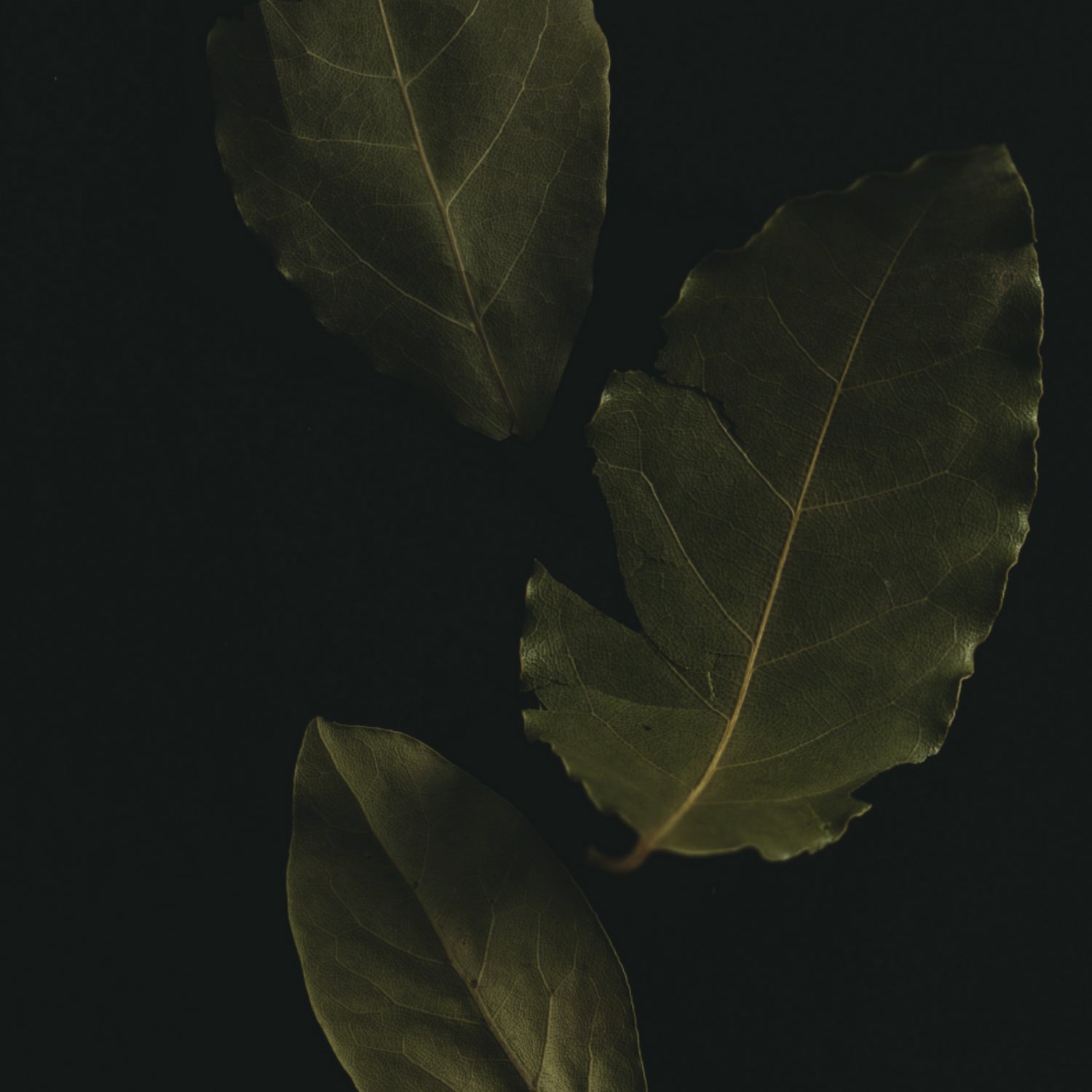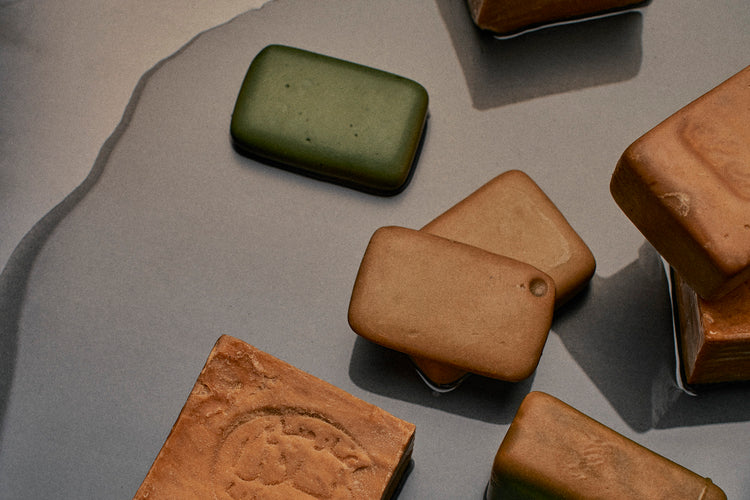Laurel Berry Oil, the Hero of Aleppo Soap
06/10/23

Laurel berry oil is smooth, rich and golden and smells slightly spicy and woody – and is the absolute hero of Aleppo Soap.
Laurel oil is extracted from the berries of the Bay Laurel tree, scientifically known as Laurus nobilis and is native to the Mediterranean area. It grows well in northern Syria and Turkey as they have the perfect climate and soil conditions to thrive. The berries are carefully harvested by hand, ensuring only the best-quality fruit is selected for oil extraction.
And yes, laurel berries are related to bay leaves. Both come from the same tree species, Laurus nobilis. While bay leaves come from the leaves of the tree, laurel berry oil is made from the berries. Although they share a familial relationship, Laurel Berry oil and bay leaves have distinct aromas, flavours, and uses.
To create Aleppo soap, laurel berry oil is combined with water, lye and olive oil, another staple ingredient in the soap-making process. The ingredients are mixed together and heated, allowing them to blend and form a thick paste. This paste is then left to cool and harden before being cut into bars and left to cure for at least nine months. The result is a gentle and nourishing soap with a wonderful aroma.
Laurel berry oil is an essential ingredient in Aleppo soap and offers a range of benefits for the skin. It is highly moisturising, making it ideal for those with dry or sensitive skin. The oil is also known for its anti-microbial and anti-inflammatory properties, helping to soothe and calm irritated skin.
This traditional soap has been used for generations in the same way. It offers a natural solution for those looking for a soap that cleans without stripping the skin's natural oils. With its moisturising and soothing properties, Aleppo soap is the perfect choice for those with sensitive or dry skin.
The next time you lather up with Aleppo soap, take a minute to appreciate the wonders of laurel berry oil and the centuries of tradition and knowledge that go into each bar.

